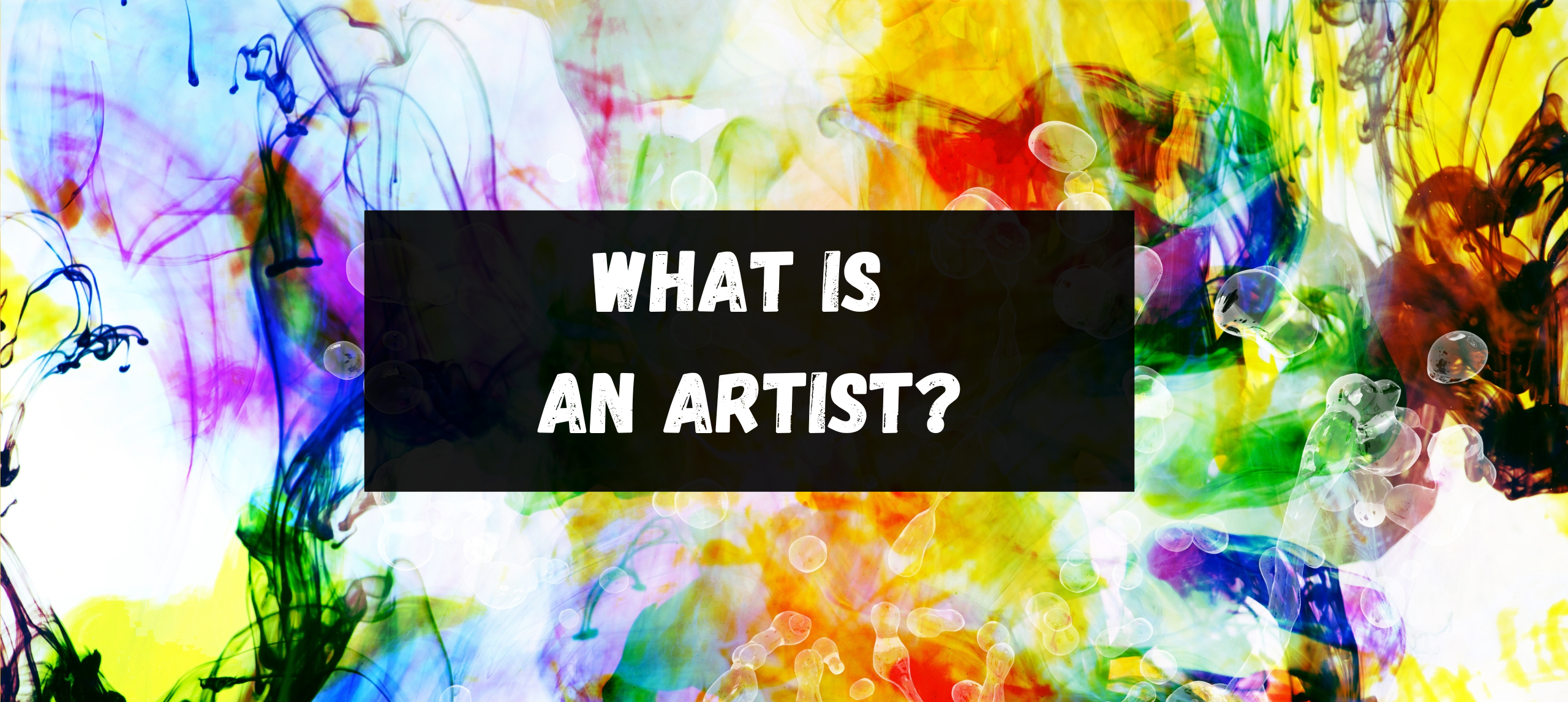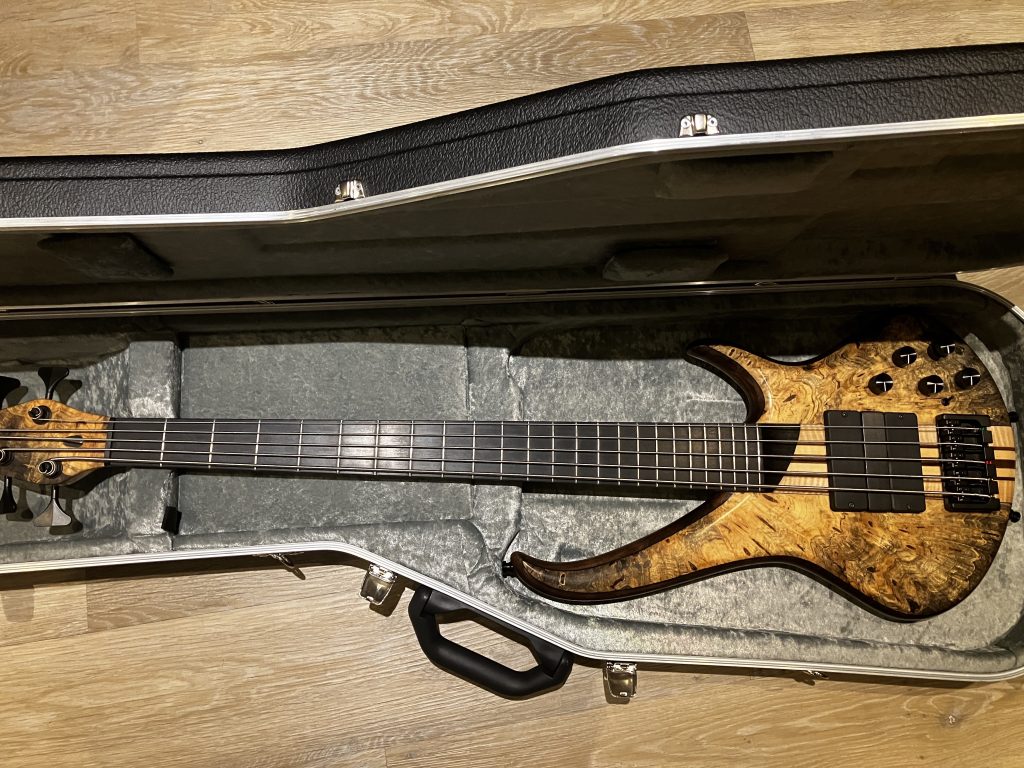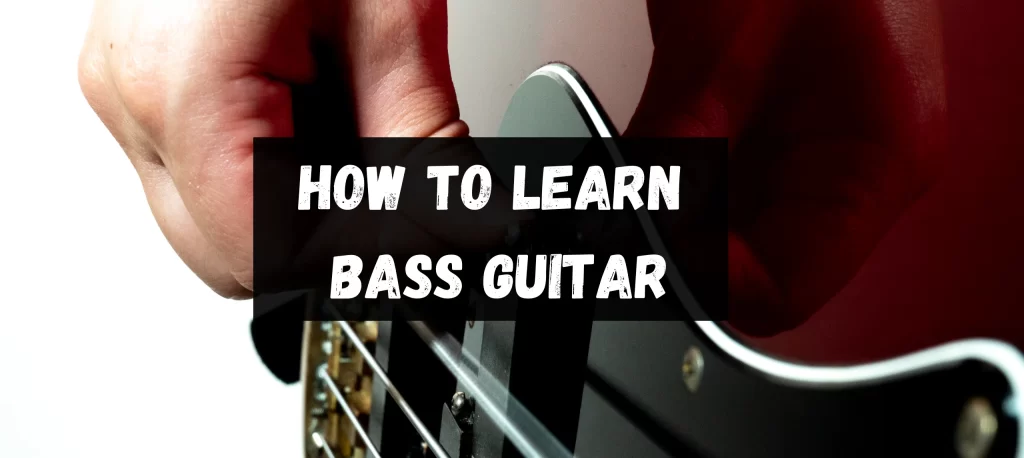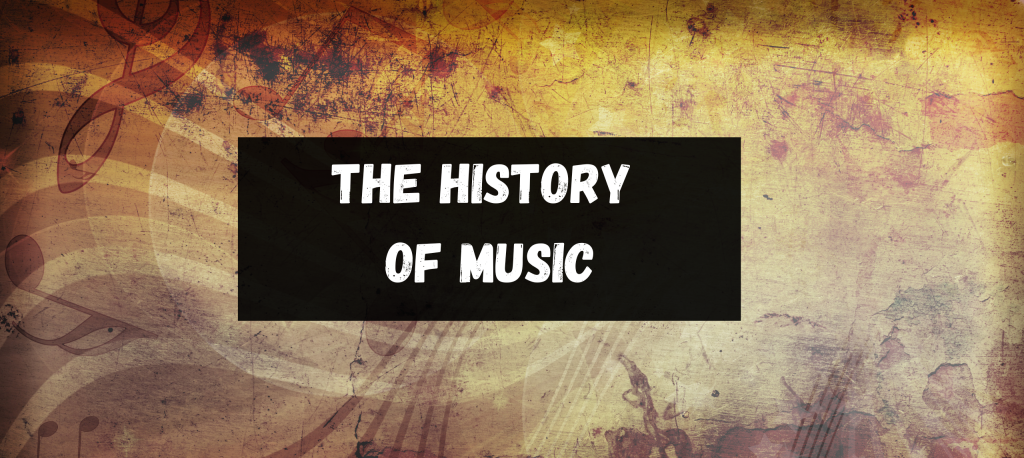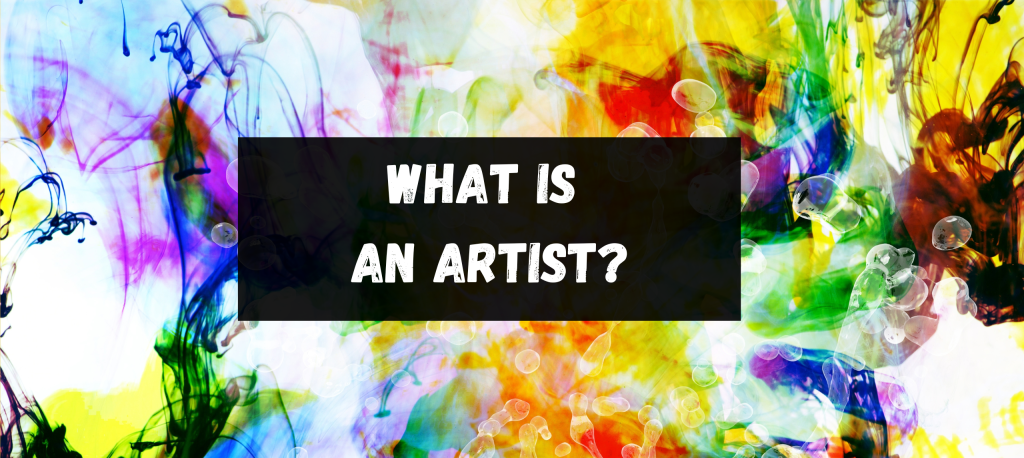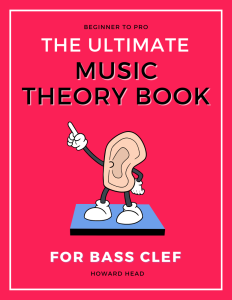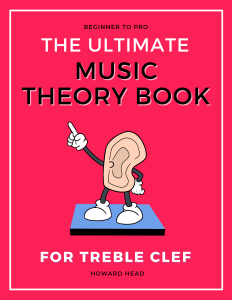September 2, 2023
Howard
An artist is an individual who creates, expresses, or demonstrates creativity and imagination through various mediums such as painting, music, literature, or performance. These creators use their craft to convey emotions, ideas, or perspectives, often challenging or reflecting societal norms. Their work not only depicts aesthetic beauty but also invokes thought and dialogue.
The term ‘artist’ resonates with profound depth and complexity in the vast expanse of British cultural heritage. Such a title evokes many images, from the contemplative painter in his studio to the fiery performer on stage, each embodying a unique facet of artistry.
As we delve deeper into this captivating realm, we invite you on a journey of discovery. Through the chapters ahead, we unravel layers of meaning, history, and emotion surrounding artistry. Brace yourself for a trove of insights and, perhaps, by the end, a newfound appreciation for those we call artists.
Dissecting the Term: Artist
At its most foundational level, an ‘artist’ refers to an individual engaged in the creation or performance of art. This definition captures a broad spectrum, from the tangible strokes of a painter on a canvas to the resonant notes of a musician and the emotive expressions of an actor to the vivid imagination of novelists.
Within this wide ambit, a few professions stand out:
- Painters: Masters of the canvas who express using colours and forms.
- Musicians: Maestros who craft emotions into symphonies and tunes.
- Actors: The embodiments of stories who breathe life into narratives.
- Novelists: Weavers of tales, using words to sculpt worlds and chronicles.
Synonyms and Variations
The term ‘artist’ boasts an array of synonyms that capture its essence from various angles. Common alternatives include creator, craftsman, designer, virtuoso, and maestro. Each synonym, while rooted in the notion of creativity, carries its nuances that pinpoint specific facets of the broader artistic realm.
Word History and Origin
The word ‘artist’ originates in the Latin “artista”, which describes a craftsman or someone skilled in the arts. This, in turn, was derived from “ars” or “artis”, translating to ‘art’. Over time, as the Renaissance swept Europe and the artist’s role evolved, the term gained prominence in the English language, particularly in Britain, capturing not just skill but also imagination and innovation.
Key Examples and Sentences
- “The gallery showcased the work of several emerging artists, drawing attention to the next generation of creative minds.”
- “As an artist, she believes in the power of raw emotion and often channels her own experiences into her creations.”
- “The street artist transformed the drab wall into a vivid tapestry of colours and narratives.”
- “Though primarily a musician, his talents as an artist span various disciplines, from painting to poetry.”
The term ‘artist’, as explored, is much more than a mere label; it’s a testament to human creativity and the endless pursuit of expression.
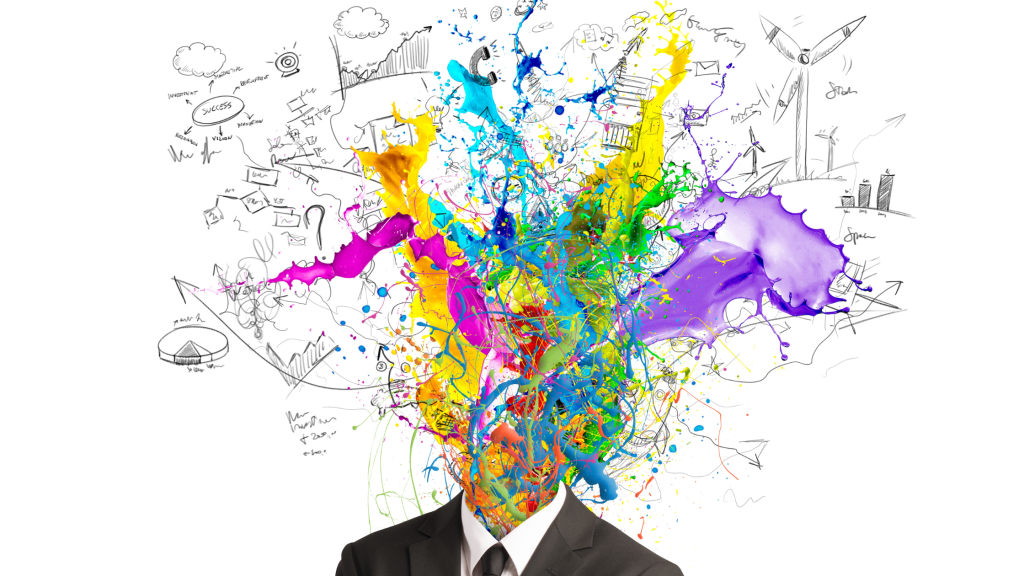
The Artist’s Methodology
When we speak of artists, it’s easy to become ensnared by the end products of their craft: a hauntingly beautiful painting, a melodic tune, or a mesmerising performance. However, beneath this glorious veneer lies a meticulous methodology that shapes their journey. Let’s embark on an exploration of these processes that guide artists through the labyrinth of creation.
Nurturing a Sense of Wonder: The Importance of Curiosity
For an artist, curiosity is the North Star. It drives them to ask questions, to delve deeper into the world around them, and to seek beauty and meaning in the mundane. This perpetual sense of wonder propels artists to evolve continually, ensuring their creations remain fresh, innovative, and relevant.
Remaining Open-minded: The Importance of Staying Away from Cynicism
The world of art is vast and varied, and every stroke or note carries a multitude of interpretations. An artist’s ability to remain open-minded allows them to absorb diverse perspectives and inspirations. By sidelining cynicism, they foster an environment where creativity flourishes, unhindered by prejudice or narrow-mindedness.
The Craft of Dedication: Willingness to Work
Artistry isn’t merely a spark of genius; it’s a flame fuelled by unrelenting dedication. The willingness to invest time, energy, and soul into their craft distinguishes great artists from the good. Through this dedication, they hone their skills, refine their techniques, and bring their visions to life.
Navigating the Creative Tightrope: Finding Balance in Artistry
Creating art is a delicate dance between passion and pragmatism. While artists immerse themselves in their emotions and inspirations, they must remain grounded, ensuring their creations resonate. Striking this balance, akin to walking a tightrope, is pivotal to crafting personal and universal pieces.
Courage in Creation: Embracing Risks and Challenges
The path of creation is fraught with uncertainties and risks. Yet, in these very challenges, an artist’s mettle is tested. Embracing the unknown, confronting failures, and pushing boundaries demand courage—a courage that adds depth and authenticity to their art.
In summation, the life and craft of an artist are woven together by a series of intricate methodologies. Each step and decision moulds them and their creations, giving us masterpieces that inspire, provoke, and captivate.

The Role and Purpose of an Artist
In its many incarnations, art has always been the heartbeat of civilisation, offering a mirror to our shared humanity. But at the helm of this mighty vehicle are artists whose roles stretch far beyond the confines of studios, stages, or blank pages. Let’s unravel the multifaceted contributions of artists to our society and culture.
Chronicles of Time
Throughout history, artists have been our primary chroniclers, capturing epochs with vivid authenticity. From cave paintings that offer glimpses of prehistoric lives to modern art reflecting digital-age quandaries, artists document our evolving world, ensuring future generations inherit the essence of bygone eras.
Agents of Change
Artists aren’t merely observers but catalysts of change. Their creations often challenge the status quo, prompting society to introspect and evolve. Be it political murals that question authority, literature that broaches taboo topics, or music that rallies against oppression, artists are at the forefront, pushing boundaries and inciting change.
Harbingers of Empathy
At the core of art lies the power of empathy. Artists transport us into familiar and foreign worlds, allowing us to walk in another’s shoes. By fostering this shared understanding, they bridge race, religion, or region divides, cultivating a more compassionate and cohesive society.
Custodians of Beauty and Imagination
In the hustle of daily life, it’s easy to become trapped in monotony. Artists, with their innate ability to seek beauty in the every day, rekindle our sense of wonder. Moreover, their imaginative realms provide respite, allowing us moments of escape, introspection, and rejuvenation.
Economic Contributors
Beyond their cultural and societal contributions, artists play a pivotal role in the economy. From local artisans boosting tourism to global music festivals generating revenues, the arts sector significantly contributes to national GDPs. Moreover, they provide employment, promote local industries, and enhance the overall economic fabric.
In essence, the role of an artist transcends the mere act of creation. They are the pulse of society, reflecting, challenging, and moulding it in equal measure. In their strokes, notes, and words lies the collective soul of humanity, ever-evolving and perennially inspiring.

Educational and Professional Insights
The art world is as diverse and vast as the universe itself. But as with any profession, specific guidelines, structures, and understandings prevail, particularly in education and commerce. So, what are the pathways artists tread upon in these arenas?
The Academic Journey: Is Formal Education Essential for an Artist?
The debate surrounding the necessity of formal education for artists is as old as the institutions that offer them. Many iconic artists never stepped foot inside an art school, while others have thrived within the structured environs of academia. Formal education can provide foundational techniques, a network of contemporaries, and exposure to diverse mediums and styles. However, the intrinsic qualities of passion, creativity, and innovation cannot be imparted through lectures alone. Some artists find their voice amidst textbooks and tutors, while others discover it in the solitary corners of self-exploration.
Commercial Aspects of Artistry: Understanding Artist’s Fees and Commissions
As romanticised as the ‘starving artist’ trope might be, artistry, like any profession, has its commercial undertones. Artists often grapple with the dichotomy of creating for passion and creating for pay. Understanding the nuances of fees and commissions is pivotal in this context. Commissions, generally, are prices set for bespoke pieces, often tailored to an individual or organisation’s request. Conversely, fees can relate to participation in exhibitions, licensing artwork, or even conducting workshops.
The Dynamics of Independent Artists
The digital age has seen a rise in independent artists who, unaffiliated with any major studio or label, carve their own niche. These artists manage their branding, marketing, and distribution, harnessing platforms like social media, crowdfunding, and online galleries. While the path offers unparalleled creative freedom, it also comes with the challenges of navigating the commercial world without a mediator.
Pricing and Valuing Artistic Work
Assigning a monetary value to art is as intricate as the process of its creation. Several factors play a role:
- Materials and Time: The tangible costs of the product.
- Uniqueness and Expertise: The artist’s signature style or niche.
- Market Dynamics: Current trends and demands within the art community.
- Historical Sales: Past sales data, particularly for established artists.
While these metrics provide a framework, art’s emotional and subjective value remains immeasurable. An artwork’s worth is not solely in its price tag but in the emotions it evokes, the conversations it instigates, and the legacy it leaves behind.
In the world of the artistic journey, education and commerce are but threads. While they play pivotal roles in shaping an artist’s career, the interplay of passion, creativity, and resilience is what truly defines their work.
Deepening the Perspective
The realm of artistry, teeming with its vibrant hues and resonant melodies, isn’t confined merely to tactile or written forms. To truly immerse oneself in the essence of an artist, one must also explore the accompanying visual and auditory dimensions. Let us delve into these facets to enrich our understanding of what it means to be an artist.
Visual and Auditory Aids: Images and Videos that Capture the Spirit of an Artist
It’s often said that a picture paints a thousand words. In the world of art, this couldn’t be truer. Images – candid photographs of artists in their creative sanctuaries or curated videos documenting their processes – offer a profound window into their souls. These visuals illuminate the intricacies of their craft, the enthusiasm with which they approach their work, and the myriad emotions that course through them during creation. Moreover, in the digital age, platforms like documentaries, interviews, and behind-the-scenes footage further bridge the gap between artists and fans, providing unprecedented access to their worlds.
Pronunciations and Linguistic Insights
In its rich world, language also significantly deepens our perspective on artistry. Consider, for instance, the word ‘artist’ itself. Its pronunciation might vary across cultures and regions, each inflexion offering a new layer of understanding. Delving into the linguistic roots of terms associated with art can be revelatory. The etymology often hints at historical, cultural, or philosophical contexts, shaping our appreciation of the artist’s role through time. Furthermore, understanding the correct pronunciations, especially of names and niche terminologies, fosters a deeper connection to the subject and ensures respectful engagement.
In summary, our journey into the world of artistry is akin to traversing a multi-dimensional landscape. While written accounts, such as this, sketch the outlines, it’s the visual and auditory aids, combined with linguistic insights, that truly colour the canvas. As we deepen our perspective, we celebrate artists and engage more meaningfully with their universe.
Global Interpretations
Art is a universal language, but how we label its practitioners – the artists – varies intriguingly across geographies and cultures. The term ‘artist’ carries nuances, histories, and meanings deeply rooted in each region’s linguistic and cultural tapestry. As we traverse this global landscape, we find that while the spirit of artistry remains a shared human experience, the terminology is delightfully diverse.
European Explorations
In French, the word ‘artiste’ resonates closely with its English counterpart, reflecting both the shared history and the profound influence of art in European societies. Meanwhile, in Spanish, ‘artista’ holds a similar place, capturing the essence of those devoted to the arts. Venturing north, the German term ‘Künstler’ derives from ‘Kunst’, meaning ‘art’, emphasising the creator’s role.
Asian Articulations
The vast continent of Asia, with its rich tapestry of languages, offers varied interpretations. In Mandarin, the term ‘艺术家’ (yìshù jiā) breaks down into ‘艺术’ (yìshù), signifying ‘art’ and ‘家’ (jiā) indicating ‘expert’ or ‘specialist’. Hindi uses ‘कलाकार’ (kalākār), where ‘कला’ (kalā) stands for ‘art’ and ‘कार’ (kār) implies ‘doer’. Both terms beautifully encapsulate the essence of someone who is a master of their craft.
African Affirmations
Africa, with its myriad languages and dialects, offers a rich lexicon. In Swahili, an artist is called ‘msanii’, a term that encapsulates both performers and visual creators, underscoring the continent’s holistic approach to the arts.
Middle Eastern Musings
In Arabic, one of the prevalent languages of the Middle East, the term ‘فنان’ (fannān) is used. Rooted in ‘فن’ (fann), meaning ‘art’, it not only designates someone skilled in the arts but also carries connotations of creativity and expertise.
Latin American Linguistics
Venturing to South America, in Portuguese, spoken predominantly in Brazil, we encounter ‘artista’, akin to its Spanish cousin, testifying to the shared Iberian roots and the region’s vibrant artistic heritage.
While the term ‘artist’ takes on various forms and sounds as we journey across continents, the core remains unaltered. It signifies individuals who, through skill, passion, and vision, bring to life the intangible, making our world a richer tapestry of stories, colours, and sounds. These global interpretations remind us that artistry is a universal pursuit, resonating in every corner of our shared human experience.

Navigating the World of Artistry
The world of artistry is as expansive as it is profound. At its heart lies the term ‘artist’, but around it orbits a constellation of phrases, quotations, and lexical kin that enrich our understanding. Embarking on this linguistic journey, we delve into the various manifestations of ‘artist’ in literature and its neighbouring terms that create a vibrant artistry lexicon.
Phrases, Quotations, and Literary Appearances of ‘Artist’
From the hallowed pages of classic literature to the resonant voices of contemporary works, the term ‘artist’ often emerges, not just as a mere title but as a symbol of vision, creativity, and passion. Consider Oscar Wilde’s assertion: “Every portrait that is painted with feeling is a portrait of the artist, not of the sitter.” Here, the ‘artist’ becomes a vessel of emotion and perspective, transcending the mere act of creation.
Shakespeare, ever the wordsmith, paints the artist not only as a creator but as an interpreter of beauty, stating in his sonnets, “For the artist is to have that which he doth catch.” This alludes to the artist’s ability to capture the ephemeral and eternal in one stroke.
Contemporary writings, too, echo this reverence. Zadie Smith, in her novel ‘On Beauty’, observes: “The very reason I write is so that I might not sleepwalk through my entire life.” Here, the artist’s journey is one of awakening and conscious creation.
Exploring Related Terms and Neighbouring Dictionary Entries
In the vast English language dictionary, ‘artist’ doesn’t stand alone. A family of related terms surrounds it, each offering a unique shade of meaning:
- Artiste: Often used in British English, this term primarily refers to a professional entertainer, especially a singer or dancer. Its French roots hint at a sense of sophistication and flair.
- Artisan: This denotes someone skilled in a craft, often hand-made or traditional. Think potters, blacksmiths, or glassblowers – individuals whose artistry is palpable in tactile creations.
- Art: The umbrella under which our ‘artist’ finds shelter, ‘art’ is a vast domain, encompassing everything from paintings and sculptures to music and literature.
- Artery: While not directly related to art, its proximity in the dictionary offers a poetic analogy. Just as arteries are essential for circulating life-giving blood, artists, too, pulse life into society, nurturing its heart and soul.
Peeking into these neighbouring entries and related terms, we gain a broader, more nuanced understanding of artistry. It becomes evident that ‘artist’ is not merely a designation but a celebration of human creativity, innovation, and spirit.
In summary, as we navigate the world of artistry, the term ‘artist’ emerges as a beacon, illuminating the vast seas of human creativity, expression, and passion. Through phrases, quotations, and their linguistic family, we gain a richer, more profound appreciation of what it truly means to be an artist.
You May Also Like

Howard Head
I turn confused bass enthusiasts into bass gods through a simple and logical process.

